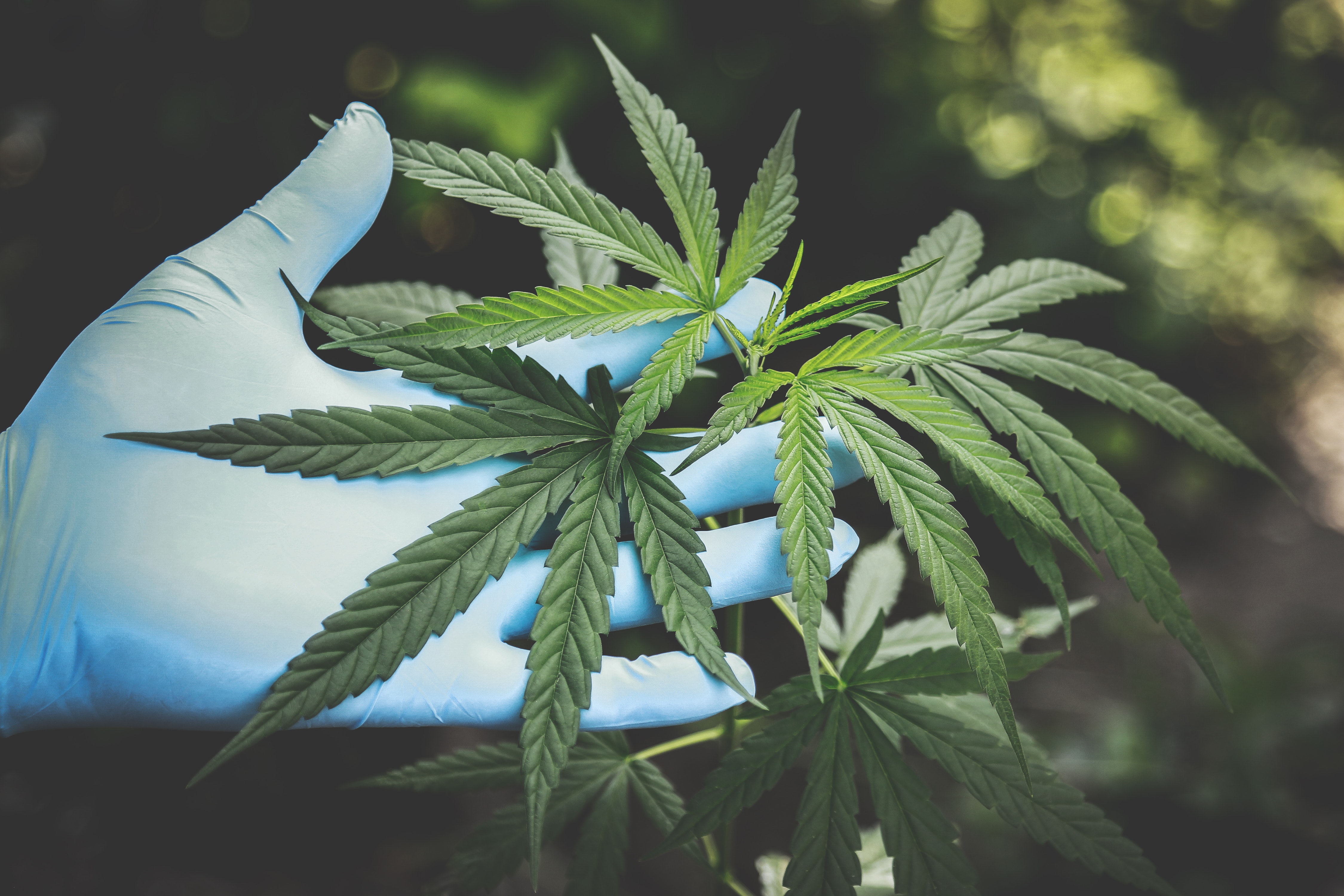Politics
Veterans Marijuana Research Bill Would Have Minimal Cost, Congressional Analysts Say In Seemingly Flawed Report

A bill that would require the U.S. Department of Veterans Affairs (VA) to conduct clinical trials into the therapeutic benefits of marijuana for veterans would have minimal fiscal impact, according to a new analysis from the Congressional Budget Office (CBO). However, the report seems to contain erroneous interpretations of the legislation’s provisions.
CBO said in its report, which was released on Wednesday, that a VA study into the potential impact of CBD that launched in February 2019 “would satisfy the bill’s requirement for research.” Thus, the bill wouldn’t create significant additional costs.
But text of the legislation itself indicates that the ongoing study would not satisfy its research requirements, for several reasons.
First, the cited study only covers post-traumatic stress disorder (PTSD). The bill, as approved last month by the House Veterans’ Affairs Committee, mandates that VA shall conduct clinical trials not just into PTSD, but also specifically on chronic pain as well as “other conditions.”
Second, the bill calls for studies that look into “varying forms of cannabis,” including full plant and extracts. Further, it requires an investigation into at least three marijuana varieties “with significant variants in phenotypic traits and various ratios of tetrahydrocannabinol and cannabidiol in chemical composition.” Again, the study CBO pointed to looks exclusively at synthetic CBD.
Another issue: the bill, sponsored by Rep. Lou Correa (D-CA), says the studies should involve different modes of consumption, including “topical application, combustible and non-combustible inhalation, and ingestion.” The CBD-only study does not appear to satisfy that requirement either.
Finally, while it stands to reason that a study like the one VA is currently carrying out could be a part of the broader research initiative described in the bill, it’s also the case that the VA secretary is supposed to develop an implementation plan for complying with the legislation and submit it to the House and Senate Veterans’ Affairs Committees before conducting the research.
H.R. 712, a bill to direct the Secretary of Veterans Affairs to carry out a clinical trial of the effects of cannabis on certain health outcomes of adults with chronic pain and post-traumatic stress disorder, and for other purposes https://t.co/ZZMEPIKsJj
— CBO Cost Estimates (@USCBOcostest) April 15, 2020
All of that is to say, it’s not clear that CBO’s interpretation aligns with the intent of the VA Medicinal Cannabis Research Act, which was approved in a bipartisan voice vote by the House Veterans’ Affairs Committee in March. And that could mean that its report on the fiscal impact is flawed.
Marijuana Moment reached out to CBO for comment, but a representative was not immediately available.
CBO also seemed to misinterpret another section of the bill concerning the ability of VA doctors to discuss medical cannabis with their veteran patients. The research office wrote that it “would require VA to authorize physicians and other health care providers employed by the department to provide recommendations and opinions on the use of medical marijuana to veterans who live where its use is legal under state law.”
This appears to be in reference to an amendment approved by voice vote during last month’s committee markup. But that measure, from Rep. Greg Steube (R-FL), simply protects veterans from losing federal benefits for participating in a state-legal marijuana program and stipulates that VA doctors can “discuss cannabis use” and “record such use in the medical records of the veteran,” rather than issue recommendations.
A separate bill sponsored by Rep. Earl Blumenauer (D-OR), which was also approved by the committee last month, would actually allow VA doctors to issue written recommendations for medical cannabis. CBO scored that legislation and found it would have no fiscal impact.
VA officials said during a hearing last year that they oppose both proposals.
On a related note, seven members of Massachusetts’s congressional delegation, led by Sen. Elizabeth Warren (D-MA), sent a letter to the VA secretary on Wednesday, urging him to issue a directive allowing VA doctors to issue written recommendations for medical marijuana during the coronavirus pandemic—and then, ideally, extend that policy permanently.
The reason for the urgency, they said, is because Massachusetts shut down recreational marijuana shops during the outbreak but left medical cannabis dispensaries open as essential services. Some veterans may be wary of registering as medical patients, however, out of concern that they’d lose federal benefits—so the verbal recommendations would help assuage that concern.
VA Should Let Doctors ‘Verbally’ Recommend Medical Marijuana Amid Coronavirus, Lawmakers Say
Photo by Aphiwat chuangchoem.
















